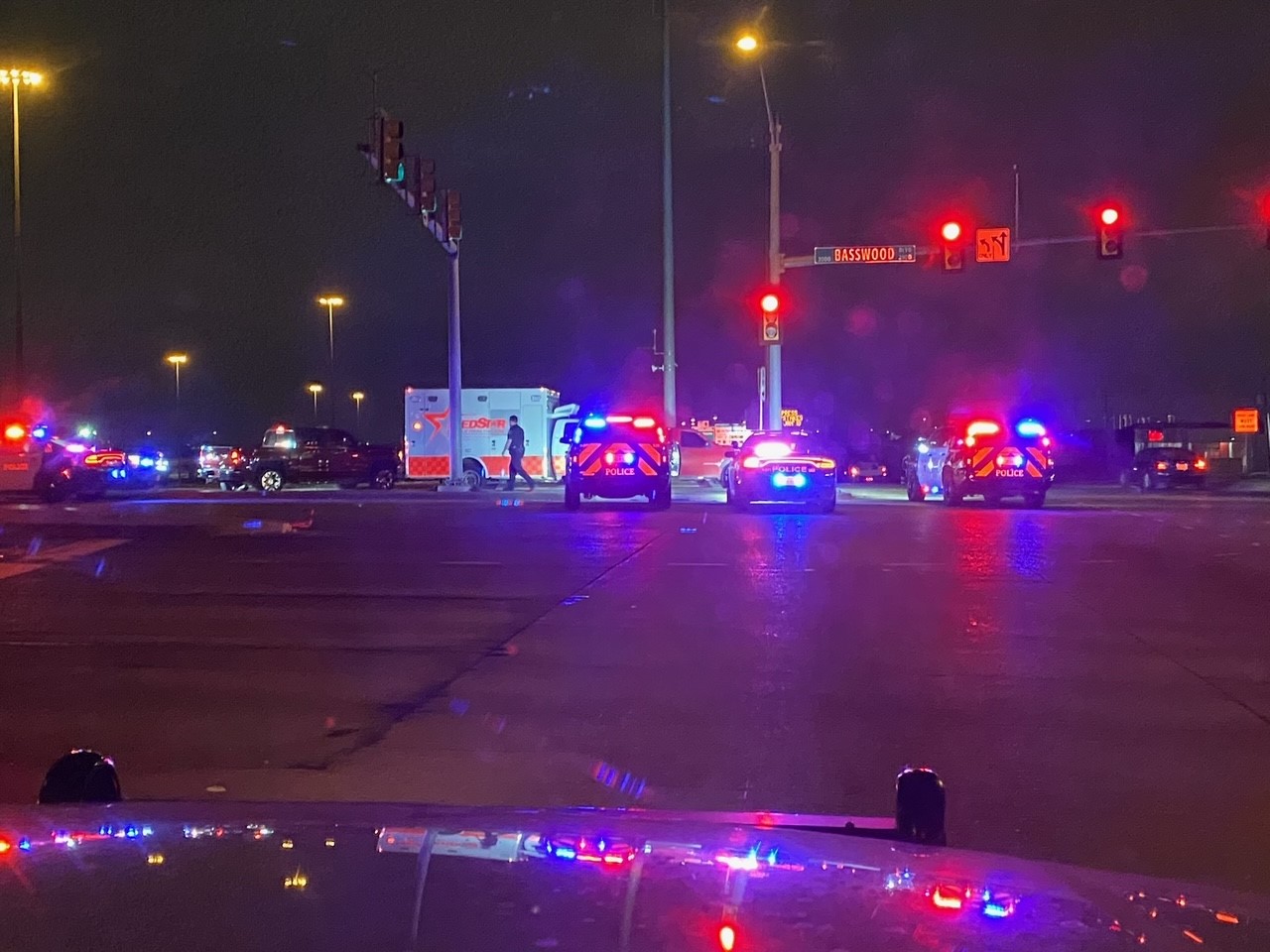MedStar wishes everyone a joyous and safe upcoming holiday. Here are some tips, based on the most common types of 911 calls we responded to over the Christmas and New Year Holidays last year.
Vehicle Crashes: 402 Calls
Stay safe on the roads over the holidays — and every day:
- Prepare your car for winter and keep an emergency kit with you.
- Get a good night’s sleep before departing and avoid drowsy driving.
- Leave early, planning ahead for heavy traffic.
- Make sure every person in the vehicle is properly buckled up no matter how long or short the distance traveled.
- Put that cell phone away; many distractions occur while driving, but cell phones are the main culprit.
- Practice defensive driving.
- Designate a sober driver to ensure guests make it home safely after a holiday party; alcohol or over-the-counter, prescription and illegal drugs can cause impairment.
Falls: 286 Calls
Friends and family members who do not always go out, may go to places of worship, or relative’s homes over the holidays:
- Be aware of fall risks when with loved ones.
- Loose rugs, clutter on the floor (like toys, boxes and wrapping paper!).
- Help older family members navigate stairs and uneven areas.
- Assure good lighting to help people see items that could be fall risks.
Behavioral Health Emergencies: 191 Calls
The holidays can be a very stressful and emotional time:
- Be intentional about observing for signs of emotional and psychological effect of the holidays.
- Keep in close touch with friends and family members who may be struggling due recent loss of a loved one.
- Note any changes in mood or behavior.
- If someone ‘falls of the radar screen’, seek them out to assure they are OK.
Abdominal Pain: 157 Calls
Keep your holidays happy by handling food safely.
- Wash your hands frequently when handling food.
- Keep raw meat away from fresh produce.
- Use separate cutting boards, plate and utensils for uncooked and cooked meats to avoid cross-contamination.
- Use a food thermometer to make sure meat is cooked to a safe temperature.
- Refrigerate hot or cold leftover food within two hours of being served.
- When storing turkey, cut the leftovers in small pieces so they will chill quickly.
- Thanksgiving leftovers are safe for three to four days when properly refrigerated.
Give Back –
- Area blood banks continue to be at very low levels.
- Holidays generally result in a higher need for blood.
- Consider a family outing for a blood donation at a local blood bank.
Finally, keep your community’s First Responders in your thoughts and prayers. While you are enjoying time with family and friends over the holiday, they won’t be, as they will be on-duty, helping to keep you safe!








